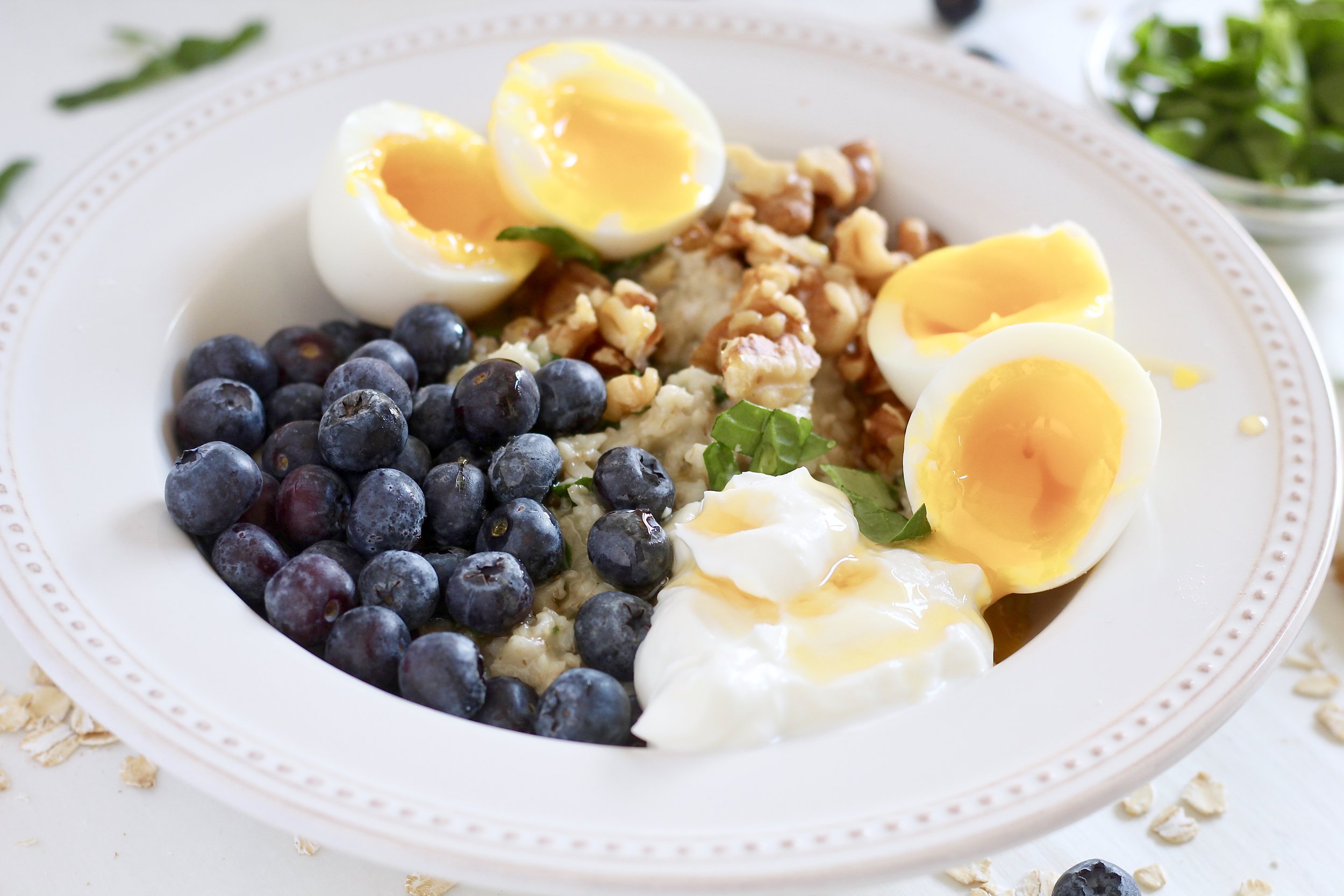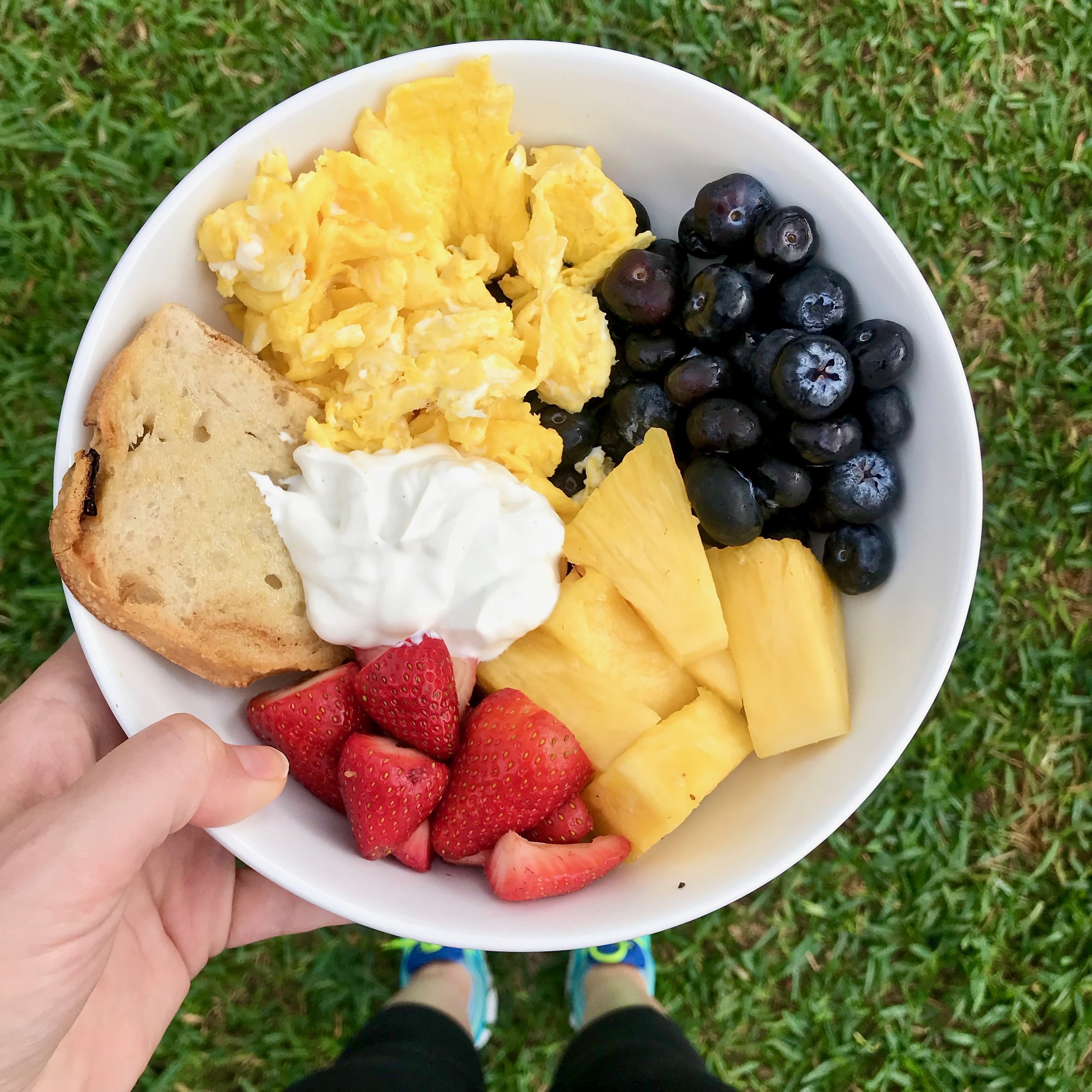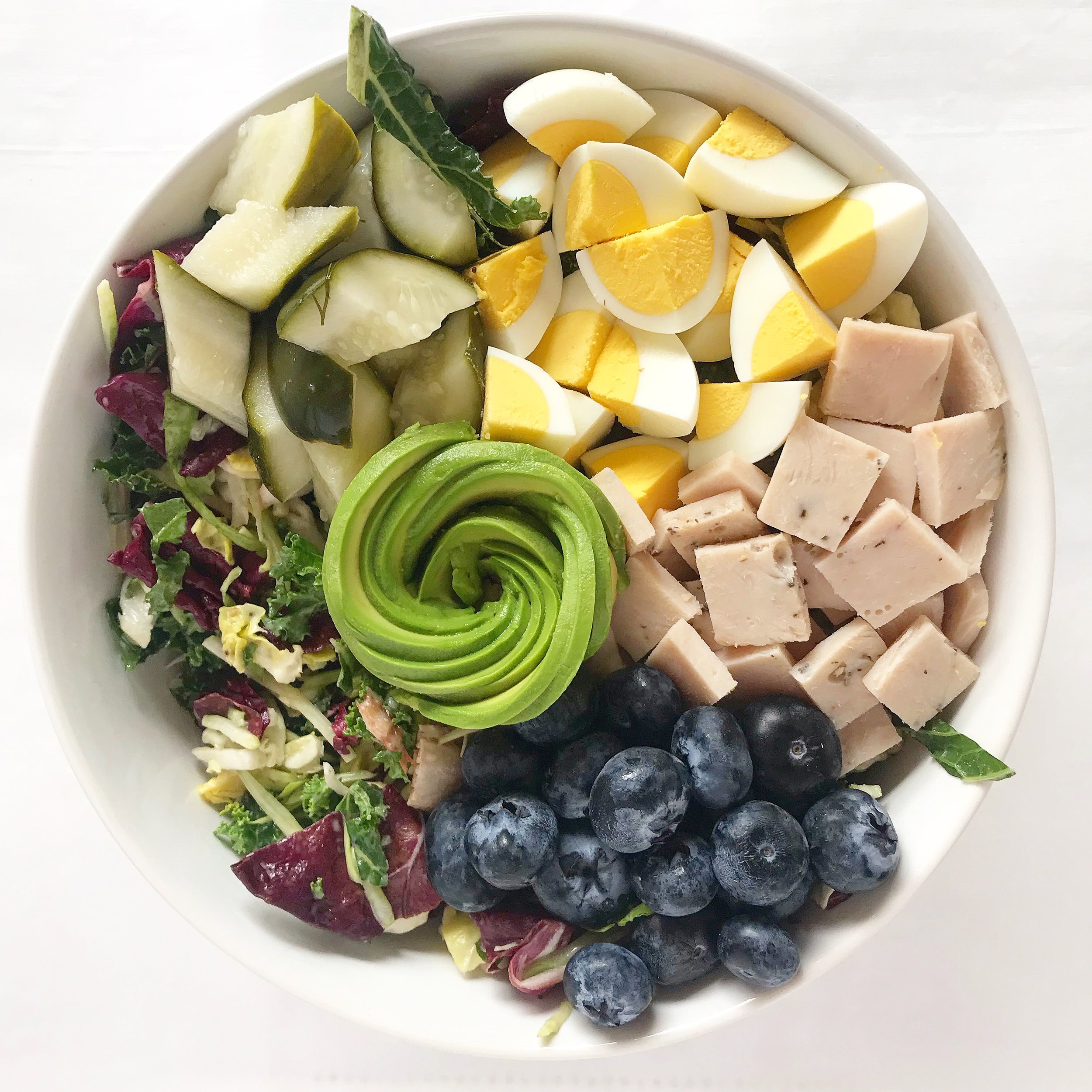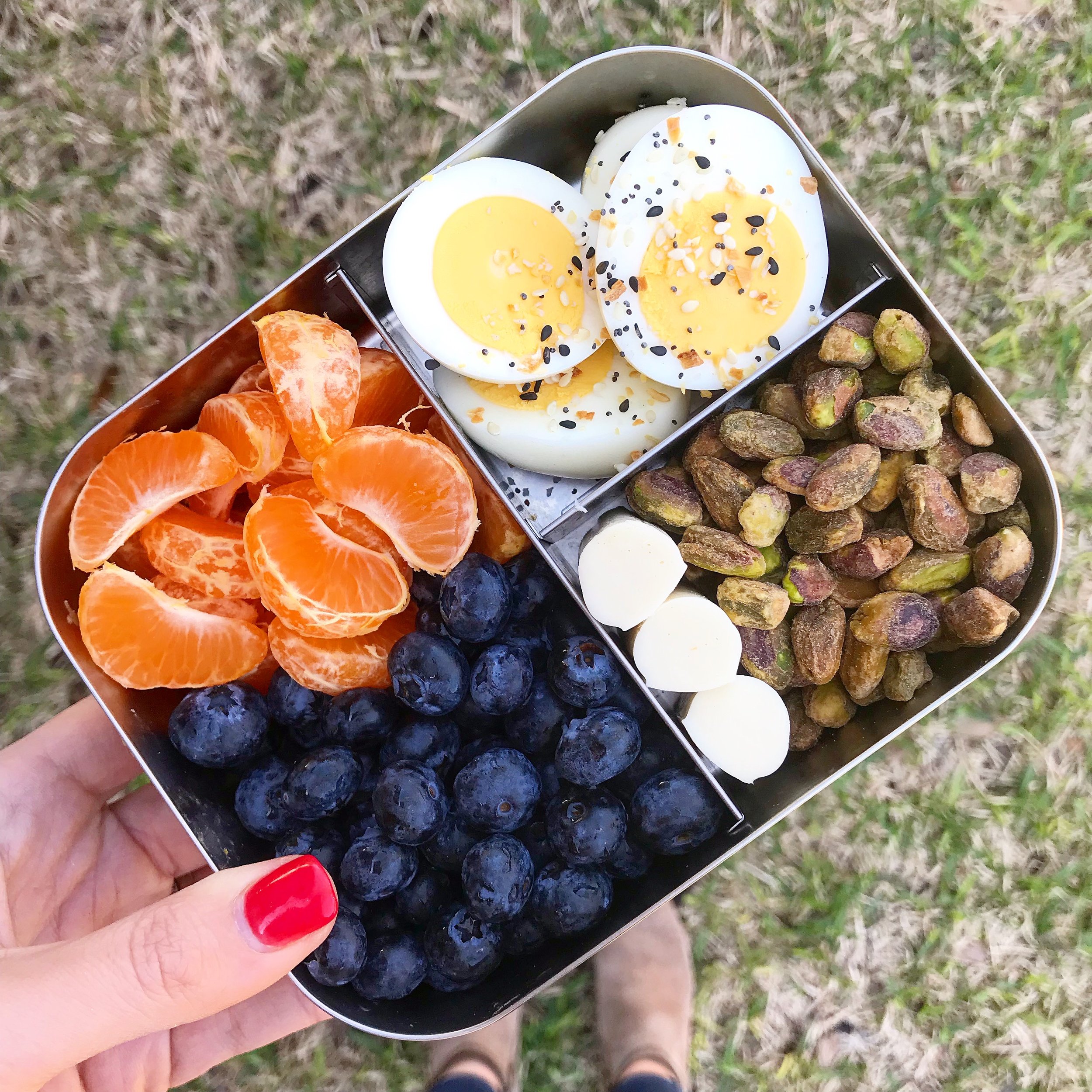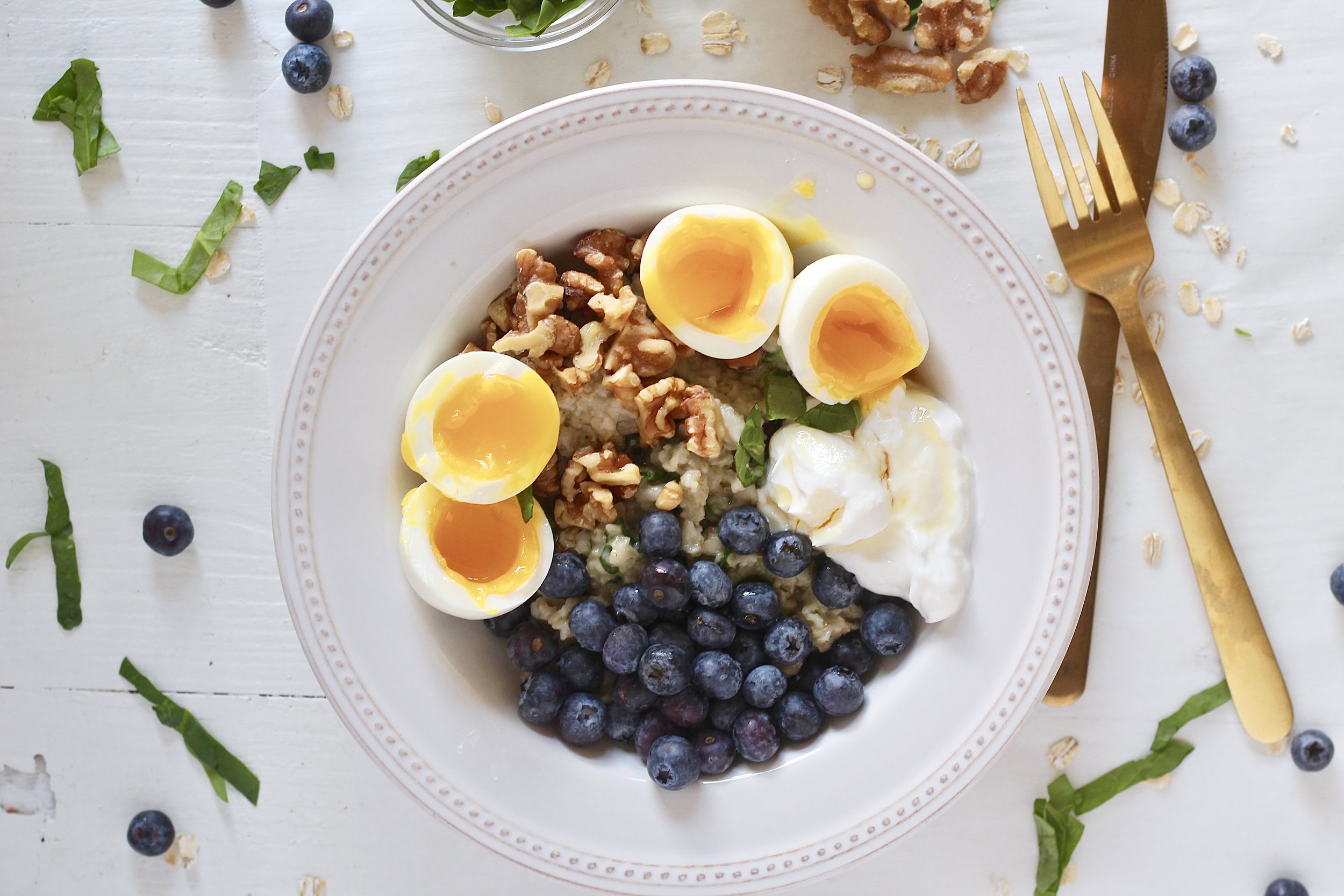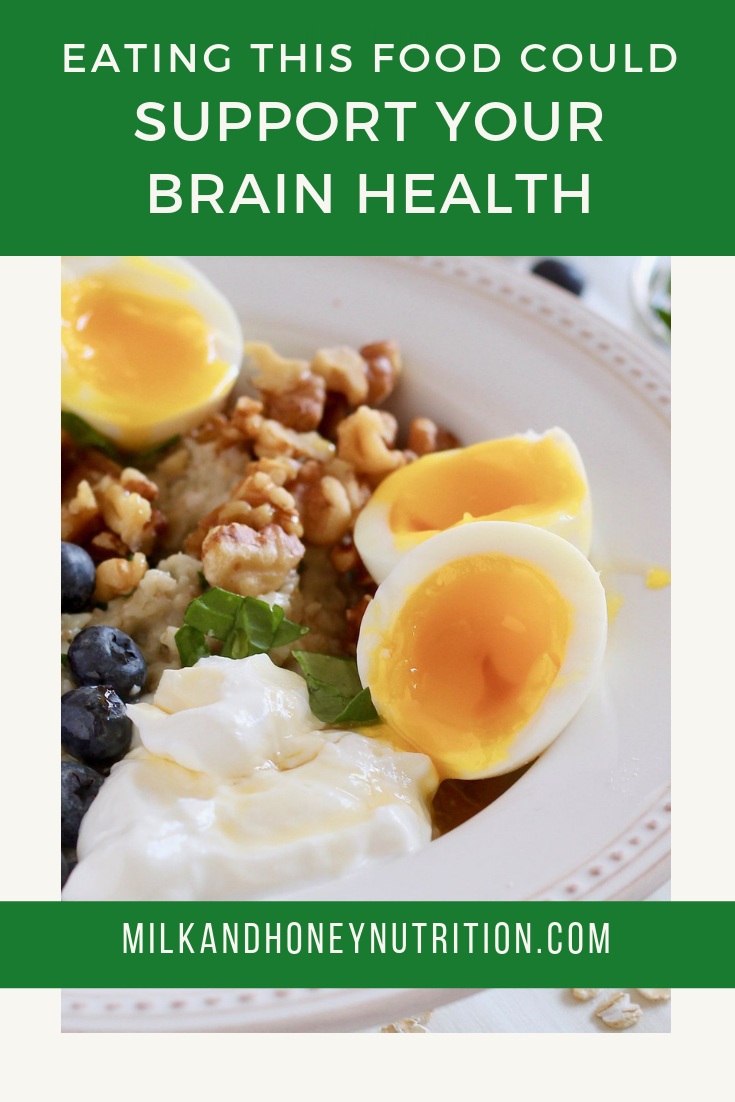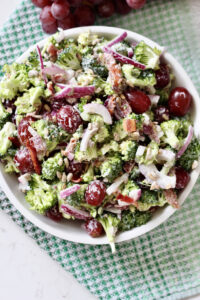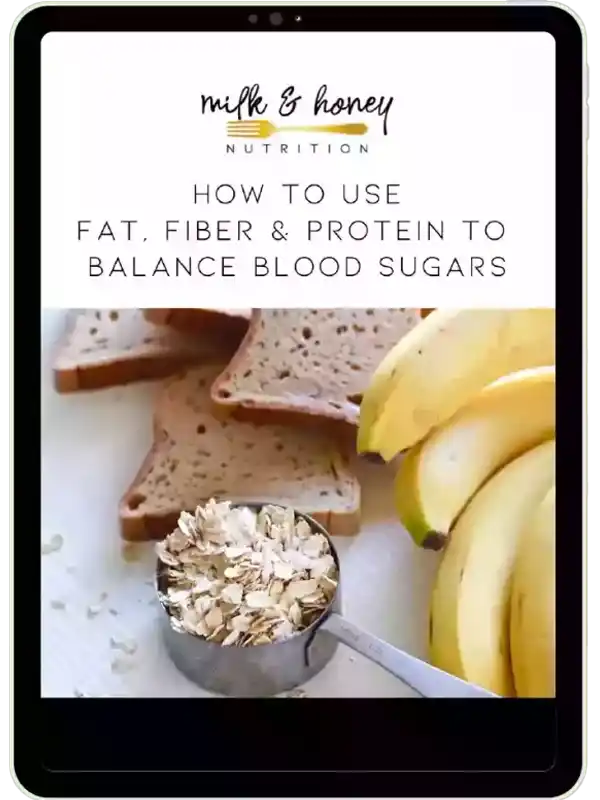…plus a Sweet & Savory Brain Boosting Breakfast Bowl recipe
This post was sponsored by the Egg Nutrition Center.
So, what is this amazing food that may improve cognition and brain health for both kids and adults? Well, it’s definitely not a new trendy superfood you’ve never heard of sitting in powder form on a grocery store shelf.
Nope.
And it’s not super expensive and unrealistic for people on a budget to incorporate into their diets either. In fact, it’s just the opposite: one of the most affordable forms of high quality protein we have access to.
Have you figured it out yet?
Let’s try one more… you can prepare this food anyway you like. Depending on the source you read, there’s anywhere from 20-50 different ways to prepare it/them.
So, what is this amazing food?
EGGS!! Yep. The incredible egg. The WHOLE egg. The yolk, the white, and all their nutritious goodness combined.
And you’re probably wondering how I can make such a bold claim about eggs? Well, research shows that the nutrients in eggs support cognition and brain health.
The two main nutrients responsible for making eggs a key player in supporting brain health and cognition are lutein and choline. Below, I will briefly outline what each of these nutrients does, and where else you can find them in your diet (in addition to eggs).
Lutein
Lutein is a carotenoid found in the yolk of eggs, and other foods. Lutein accumulates in the eye and higher intake of lutein has been shown to reduce the risk of age-related macular degeneration and cataracts. 1,2
Newer research shows that lutein accumulates in the brain as well, and higher levels of lutein are associated with improved academic performance in children 3,4 and improved cognition in older adults.
Some research shows that the lutein in egg yolks is more readily absorbed than other lutein sources due to the fat content in eggs 5. (Lutein is a carotenoid. Carotenoids are converted by the body into vitamin A, which is a fat-soluble vitamin.)
Other sources of lutein include: green vegetables, like asparagus, kale, green beans, broccoli and spinach, orange pepper, pistachios, and corn.
Choline
Choline is essential for brain health. It plays a role in early brain development, both during pregnancy and after birth in young infants. Choline has been linked to brain development, neurotransmission, memory, and our ability to learn 6. Most Americans, including pregnant women, do not consume enough choline 7, but a balanced diet that includes eggs can help meet choline needs.
Two large eggs provide almost 300 mg of choline – that’s over half the daily AI (adequate intake) of choline.
Other food sources include: liver, beef, chicken, fish, nuts, beans, peas, Brussels sprouts, and wheat germ.
A word about heart health…
Let’s clear up some of the recent news headlines surrounding eggs… because I know someone is bound to ask.
A study published in March 2019 in the Journal of the American Medical Association found “small but statistically significant increases in cardiovascular risk and egg consumption in six U.S.-based cohorts totaling about 29,000 participants.”
These findings, however, contrast with previous observational studies 8 that showed no relationship with egg consumption and cardiovascular risk in almost 350,000 participants.
Yes, you read that correctly. The study that was reported all over the news was reflecting about 29,000 people. I know it sounds like a lot. But when you consider the previous data we had was in almost 350,000 people, it really doesn’t give me enough reason to change my professional opinion about egg consumption. (Note: My personal opinion has always been that they are DELICIOUS and filling!)
In fact, additional studies have shown favorable relationships with egg consumption and cardiovascular risk 9,10, and randomized controlled trials (the strongest form of research study we can use) consistently show egg intake does not negatively impact cardiovascular disease risk factors 11.
So, now that we have that covered, let’s get to this delicious recipe…
Give this brain boosting breakfast a try…
Make sure to give this recipe for a Sweet & Savory Breakfast Bowl a try! In addition to eggs, it also packs many other nutritious foods like: whole grain oats, spinach, blueberries, walnuts, and plain Greek yogurt.
Sweet & Savory Brain Boosting Breakfast Bowl
Yield: 1 serving
Time: 20 min
1 tsp olive oil
1/4 tsp sea salt
1/3 cup rolled oats
2/3 cup water
1/4 tsp sea salt
1/2 cup baby spinach leaves, chopped
2 large eggs, cooked as desired (the eggs in the images are soft boiled)
1/4 cup blueberries
2 Tbsp chopped walnuts
2 Tbsp plain Greek yogurt
1/2 Tbsp maple syrup (optional)
To make the oats, add the olive oil, sea salt and water to a small sauce pan and heat over medium/high heat until it is boiling. Add in the oats and stir, and continue cooking for 10-15 minutes, stirring occasionally.
Remove the oats from the heat and stir in the spinach leaves until wilted.
Transfer the spinach oats to a bowl and top with the cooked eggs, blueberries, walnuts, and yogurt.
If you really want to up the contrast between sweet and savory, drizzle with a half Tbsp maple syrup just before serving.
Enjoy!
References:
-
Vishwanathan R, Goodrow-Kotyla EF, Wooten BR, Wilson TA, Nicolosi RJ. Consumption of 2 and 4 egg yolks/d for 5 wk increases macular pigment concentrations in older adults with low macular pigment taking cholesterol-lowering statins. Am J Clin Nutr 2009;90:1272-9.
-
Moeller SM, Jacques PF, Blumberg JB. The potential role of dietary xanthophylls in cataract and age-related macular degeneration. J Am Coll Nutr 2000;19:522S-527S.
-
Barnett SM, et al. Macular pigment optical density is positively associated with academic performance among preadolescent children. Nutrition Neuroscience. 2017. E-pub ahead of print.
-
Walk AM, et al. From neuro-pigments to neural efficiency: the relationship between retinal carotenoids and behavioral and neuroelectric indices of cognitive control in childhood. International Journal of Psychophysiology. 2017. E-pub ahead of print.
-
Kim JE, Gordon SL, Ferruzzi MG, et al. Effects of egg consumption on carotenoid absorption from co-consumed, raw vegetables. Am J Clin Nutr. 2015;102:75-83.
-
Zeisel SH. Choline: critical role during fetal development and dietary requirements in adults. Annu Rev Nutr. 2006;26:229–250. doi:10.1146/annurev.nutr.26.061505.111156
-
Wallace, TC and V.L. Fulgoni. Usual Choline Intakes Are Associated with Eggand Protein Food Consumption in the United States. Nutrients. 2017; 9.
-
Shin JY, Xun P, Nakamura Y, He K. Egg consumption in relation to risk of cardiovascular disease and diabetes: a systematic review and meta-analysis. Am J Clin Nutr. 2013 Jul;98(1):146-59.
-
Qin C, Lv J, Guo Y, Bian Z, Si J, Yang L, Chen Y, Zhou Y, Zhang H, Liu J, Chen J, Chen Z, Yu C, Li L; China Kadoorie Biobank Collaborative Group. Associations of egg consumption with cardiovascular disease in a cohort study of 0.5 million Chinese adults. Heart. 2018 Nov;104(21):1756-1763.
-
Virtanen JK, Mursu J, Virtanen HE, Fogelholm M, Salonen JT, Koskinen TT, Voutilainen S, Tuomainen TP. Associations of egg and cholesterol intakes with carotid intima-media thickness and risk of incident coronary artery disease according to apolipoprotein E phenotype in men: the Kuopio Ischaemic Heart Disease Risk Factor Study. Am J Clin Nutr. 2016 Mar;103(3):895-901.
-
Blesso CN, Fernandez ML. Dietary Cholesterol, Serum Lipids, and Heart Disease: Are Eggs Working for or Against You? Nutrients. 2018 Mar 29;10(4). pii: E426. doi: 10.3390/nu10040426. Review.

